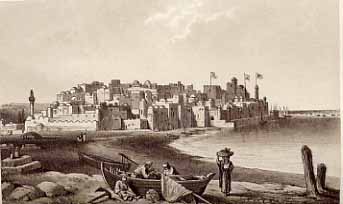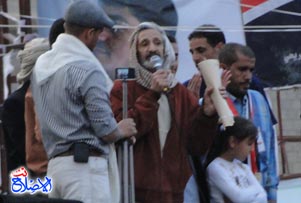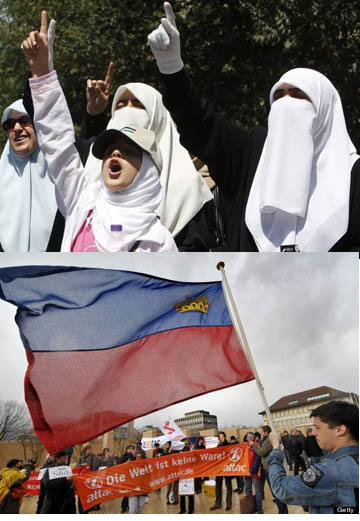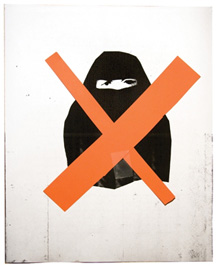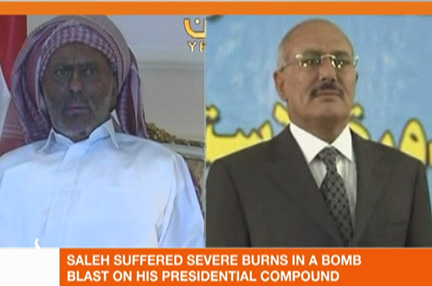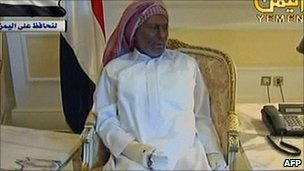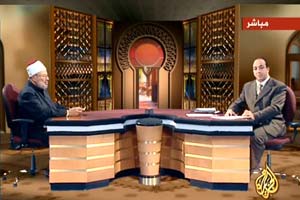
by Yusuf al-Qaradawi, Islamopedia, June 27, 2011
The Islamic state is a civil one, like other governments in the modern world and the only difference is that it makes Islamic Shari’a its reference. We would like to highlight, in this chapter, that the Islamic state is based on the Shura Council, allegiance, free choice of the nation to its ruler, advice to him, accountability of him, obedience to him, break of his allegiance if he commands sin, and the nation’s right to dismiss him if he insists on straying and deviation. This approach makes the essence of the Islamic state close to the democratic one.
By democracy we mean political democracy. As economic democracy is concerned, it means capitalism and it has its advantages and disadvantages, so we have been conservative about it while the social democracy means liberalism holding the absolute freedom, and we have been conservative about it too. Capitalism (of Qaron, a king of the past) is unacceptable to us since it is based on an idea of wealth refused by the Holy Quran. As Qaron said about his wealth, “I have been given it according to my knowledge”(stories: 78). Or as people said to Prophet Shoaib, “Does your prayer command us to leave what our fathers worshiped or that we do in our money what we want (Hud: 87).
According to Islamic thought, human being are heirs to the wealth of God. The Quran said: spend of that He made you heirs in it (Iron: 7). The true owner of the wealth is Allah while the rich man is trustee of this wealth and agent of the real owner. So ownership is bound with some duties and obligations as it is constrained in consumption, investment, distribution and circulation. Also, the giving of alms (Zakat) is imposed on the wealthy as one of the pillars of Islam. And usury, monopoly, fraud, injustice, extravagance, luxury, treasuring and other transactions are prohibited to the owners. With these admonitions and law, we could dull the dangerous nail of the capitalism, so as to achieve social justice, care for vulnerable groups in society such as orphans, the needy and the wayfarers, and work on a better distribution of the wealth “in order not to be the circulated among the rich of you” (al-Hashr: 7). Continue reading Yusuf al-Qaradawi: Fatwa on Islam and Democracy
